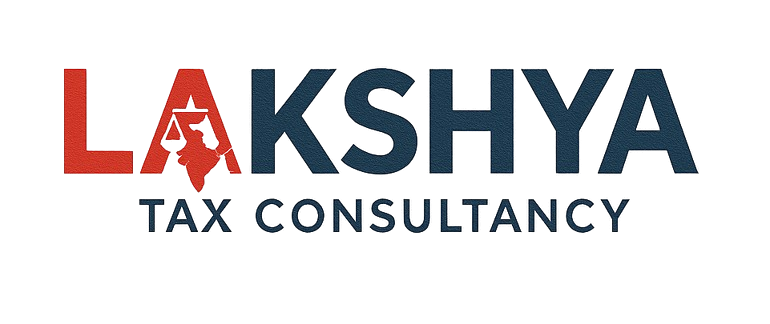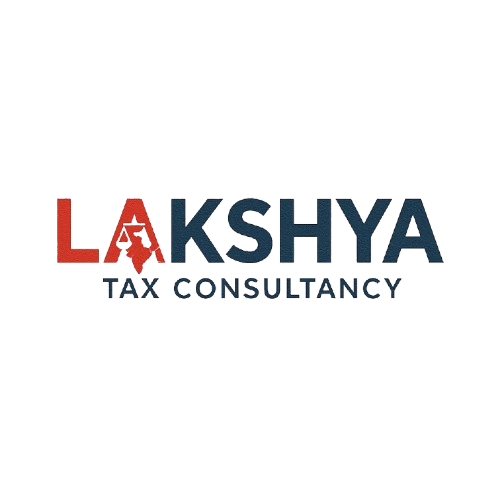Income Tax Audit – Complete Guide for Businesses & Professionals
What is an Income Tax Audit?
An Income Tax Audit is an examination of your business or professional accounts to ensure they comply with the provisions of the Income Tax Act, 1961.
The audit verifies:
- Correctness of books of accounts
- Accuracy of income declared
- Deductions claimed
- Compliance with tax laws
The objective is to ensure that the taxpayer’s financial records present a true and fair view and taxes are paid correctly.
Who Needs to Get an Income Tax Audit?
Income tax audit applicability is mainly covered under Section 44AB of the Income Tax Act:
- Businesses – If total sales/turnover exceed:
- ₹1 crore in a financial year
- ₹10 crore if cash receipts & payments are ≤ 5% of total transactions
- Professionals – If gross receipts exceed ₹50 lakh in a financial year.
- Presumptive Taxation Scheme (Sections 44AD, 44ADA, 44AE):
- If declared income is lower than the prescribed limit and total income exceeds the basic exemption limit.
Types of Income Tax Audit
- Tax Audit under Section 44AB – Mandatory if turnover exceeds specified limits.
- Transfer Pricing Audit under Section 92E – For international transactions with associated enterprises.
- Voluntary Audit – Even if not mandatory, taxpayers may opt for an audit to ensure accuracy.
Key Forms Used in Tax Audit
- Form 3CA – For taxpayers already required to get books audited under another law.
- Form 3CB – For taxpayers not required to get books audited under another law.
- Form 3CD – Detailed statement of particulars to be furnished.
Documents Required for Income Tax Audit
- Books of accounts (Ledger, Cash Book, Journals)
- Sales and purchase invoices
- Bank statements
- Expense vouchers
- Stock register
- Details of loans & advances
- Previous year’s audit report
- Tax payment challans
Income Tax Audit Process
- Preparation – Collect & verify financial records.
- Examination – Auditor reviews transactions, compliance, and accuracy.
- Reporting – Findings reported in prescribed forms (3CA/3CB & 3CD).
- Filing – Auditor uploads report on the Income Tax portal.
- Approval – Taxpayer approves the audit report online.
Due Date for Filing Tax Audit Report
- 30th September of the relevant assessment year (unless extended by CBDT).
Consequences of Non-Compliance
If a taxpayer fails to get their accounts audited as required:
- Penalty under Section 271B – Lower of ₹1,50,000 or 0.5% of turnover.
Benefits of Income Tax Audit
- Ensures statutory compliance
- Reduces chances of scrutiny by tax authorities
- Detects errors & fraud early
- Improves financial credibility for loans and tenders
Why Choose Us for Income Tax Audit?
- ✔ Experienced Chartered Accountants & Tax Experts
- ✔ Hassle-free process with timely completion
- ✔ 100% compliance with Income Tax laws
- ✔ Accurate and reliable audit reporting







